
About doctor
Dr Shaivalini Kamarapu – IVF & Menstural Problems
Gynecologist, Fertility Specialist, Robotics & Laparoscopy Surgeon
About Dr Shaivalini Kamarapu
- Dr. Shaivalini Kamarapu is a highly experienced menstrual disorders and women’s health specialist at AMVI Hospital, Hyderabad, with over 20 years of expertise in women’s reproductive health and advanced gynaecological care.
- She specialises in the diagnosis and treatment of menstrual problems, providing personalised, evidence-based care for women with irregular periods, heavy menstrual bleeding, painful menstruation, missed periods, hormonal imbalances, and chronic pelvic pain related to menstrual disorders.
- Her clinical expertise includes early detection of menstrual abnormalities, detailed hormonal evaluation, advanced pelvic ultrasound assessment, and accurate identification of underlying conditions such as PCOS, endometriosis, uterine fibroids, and thyroid disorders that affect the menstrual cycle.
- Dr. Kamarapu is highly skilled in advanced gynaecological procedures for conditions associated with menstrual problems, including laparoscopic surgery for endometriosis, removal of ovarian cysts, treatment of uterine fibroids, and correction of pelvic adhesions to restore normal pelvic anatomy and menstrual function.
- She has extensive experience managing complex and recurrent menstrual disorders, including severe hormonal imbalances, abnormal uterine bleeding, menstrual problems associated with infertility, and patients with previous medical or surgical treatment failures.
- Known for her ethical, patient-centred approach, she offers transparent counselling, realistic expectations, and customised treatment plans that may include hormonal therapy, medical management, minimally invasive surgery, or fertility-focused interventions when required.
- In addition to her role at AMVI Hospital, Dr. Shaivalini Kamarapu is also a Consultant at Rainbow Hospitals, Apollo Hospitals, and Ankura Hospitals, making her a trusted specialist for menstrual problems treatment in Hyderabad.






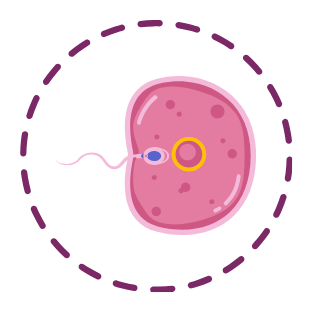


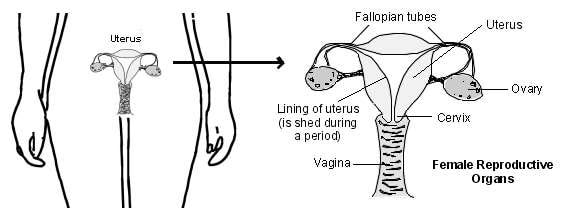

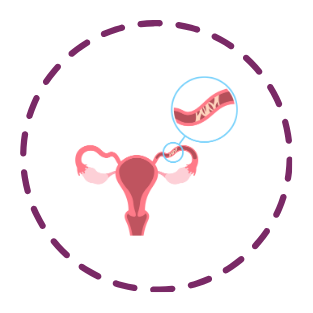
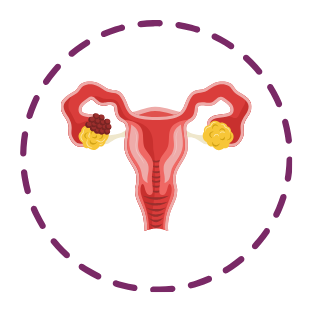


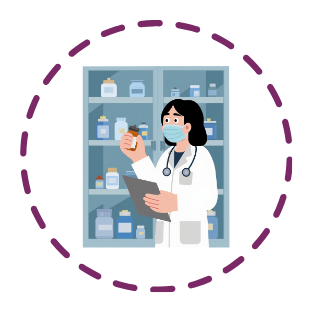








I had irregular periods for years and was worried about my health. After consulting the gynaecologists at AMVI Hospital, I received proper diagnosis and treatment. My menstrual cycle is now regular, and I feel much healthier.
Priya Sharma